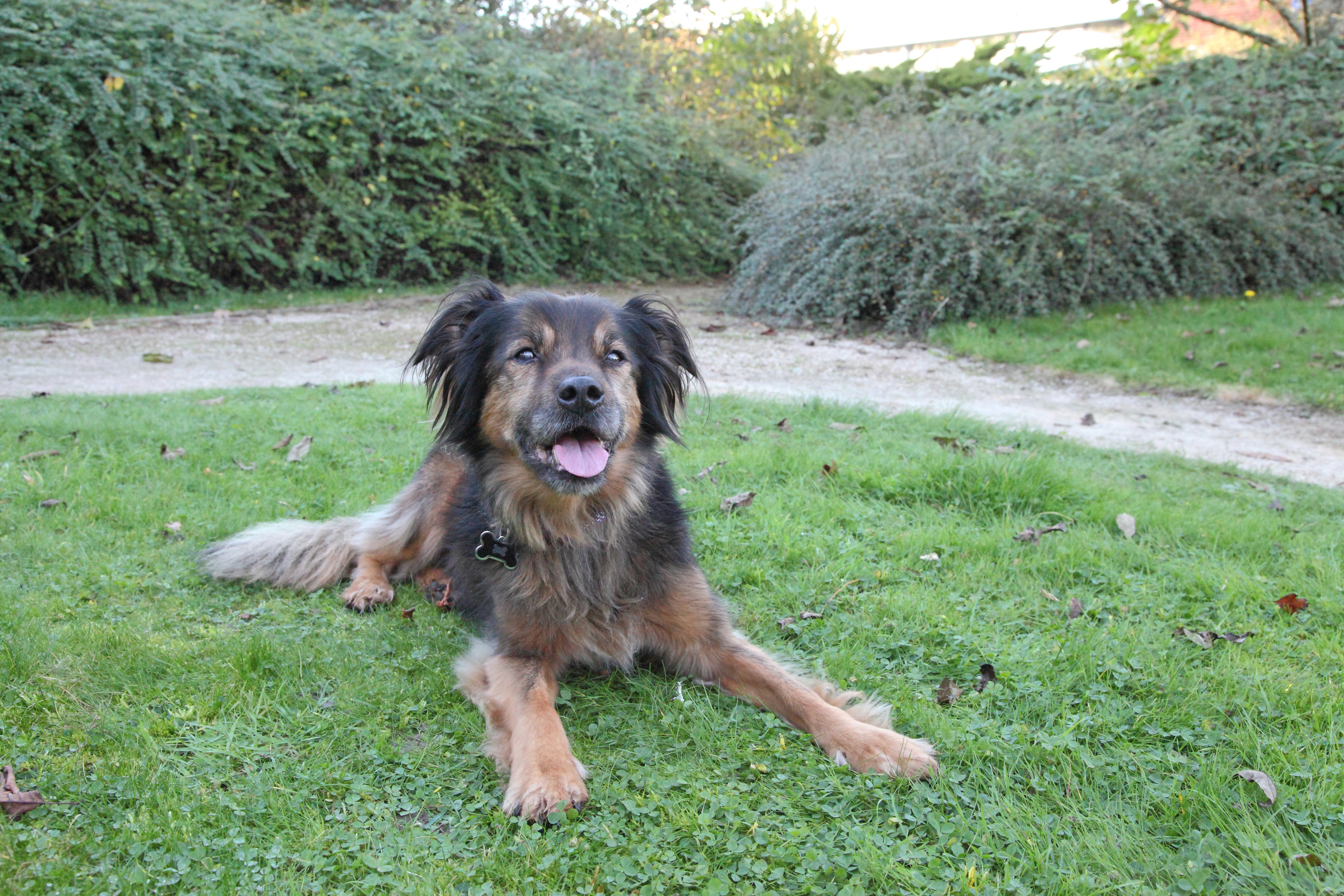As some return to work, RSPCA issues advice to dog owners to help their pets adjust
The RSPCA is urging dog owners to prepare their pets for their return to work and a change to their lockdown routine.
For many of us, life has changed significantly during the Covid-19 lockdown – and it’s also changed for our dogs. When the restrictions are lifted, we will have to adjust again to returning to our normal routines. And our dogs will too.
Sarah Tapsell, one of the RSPCA’s regional clinical animal behaviourists, said: “You may have changed your routine with your dog if you are home more. Times for feeding, playing, walking and attention may all be slightly different. Your dog may be getting more or less of these things than before depending on the changes in your schedule.
“Changes in routine are something a dog can adapt to, but it is important to think ahead and begin to make gradual changes before you change your routine again when you go back to work. Otherwise, when things change again suddenly, it may come as a shock to your dog, even if they handled it well before Covid-19. Even the most resilient of dogs can get worried sometimes.”
“Remember that your dog is a social animal, it is normal for them to want and need to spend time with you. This means that it is important that you aren’t leaving your dog for too long during the day, or longer than they can cope with. Any dog left too long will struggle, with or without good advice to help them to cope.”
Top tips for preparing your dog
- Gradually change the timings of your dog’s routine to the way they will eventually be. If the time you feed or walk your dog has changed due to lockdown then slowly start to change it back to how it was before. Doing this can prevent your dog from experiencing frustration and anxiety when their daily schedule suddenly doesn’t match what they’ve come to expect.
- Begin to gradually return your dog’s routine to normal before it has to change. Consider the amount of walks, location and times that are part of your dog’s normal routine. Gradually adjust your walks to match this. Our dogs may not be left alone at all during lockdown or for brief intervals only, and they’re probably getting much more attention and interaction. But if this is likely to change when you go back to work then you need to prepare them for that. Begin to gradually decrease the amount of attention you give your dog, and increase the time they spend on their own. This may include not playing with your dog every time they ask or not stroking them everytime they nudge you. Don’t completely ignore your dog as this may confuse them, but do give them something better to do like a comfy bed to lay on or a tasty chew to settle with.
- Give them a routine as close as possible to the one they’ll experience when restrictions are lifted. Help your dog spend more time alone by encouraging them to rest in their own bed or keeping them in a separate room while you do something else.
- Give your dog clear signals about when they can be involved in interactions and when they need to occupy themselves. Chew toys or interactive toys your dog can use without you can help you to do this.
- Try to keep interaction time for when you will be available once your routine is back to normal, for example in the evenings after dinner.
- You may also want to think about leaving the house without the dog to help your dog to gradually get used to this part of their routine again. If you need to build up this time for a longer duration or for more frequent absences, think about going to sit in the car to read a book, so that you can leave the house and stay within government guidelines. However, if your dog shows any distress when left alone then pause your plans and seek the support of a qualified behaviourist.
- If you are returning to using a dog walker, friend or family member to care for your dog while you are busy they might be very excited or even a little apprehensive having spent time with only you. It can be useful for you to remain home on the first walk or two, just in case your dog needs any extra support from you.
RSPCA dog welfare expert Dr Samantha Gaines added: “Every dog is different, so take into account what your dog’s routine is like now, what it was like before, and how their personality, likes and dislikes may influence how they respond to further changes.
“Always introduce changes gradually and in a positive way, using only positive, reward-based training. And if you have any concerns about how your dog will cope, it is always best to seek advice from a qualified behaviourist who can support you throughout the changes.”
For more advice about keeping your dogs happy and healthy during lockdown visit our blog, for more about understanding your dog’s behaviour visit the website, and for more information on coronavirus and our pets see www.rspca.org.uk/coronavirus.
To help the RSPCA keep rescuing animals and improving animal welfare through these unprecedented times, please donate whatever you can spare at www.rspca.org.uk/covid.

